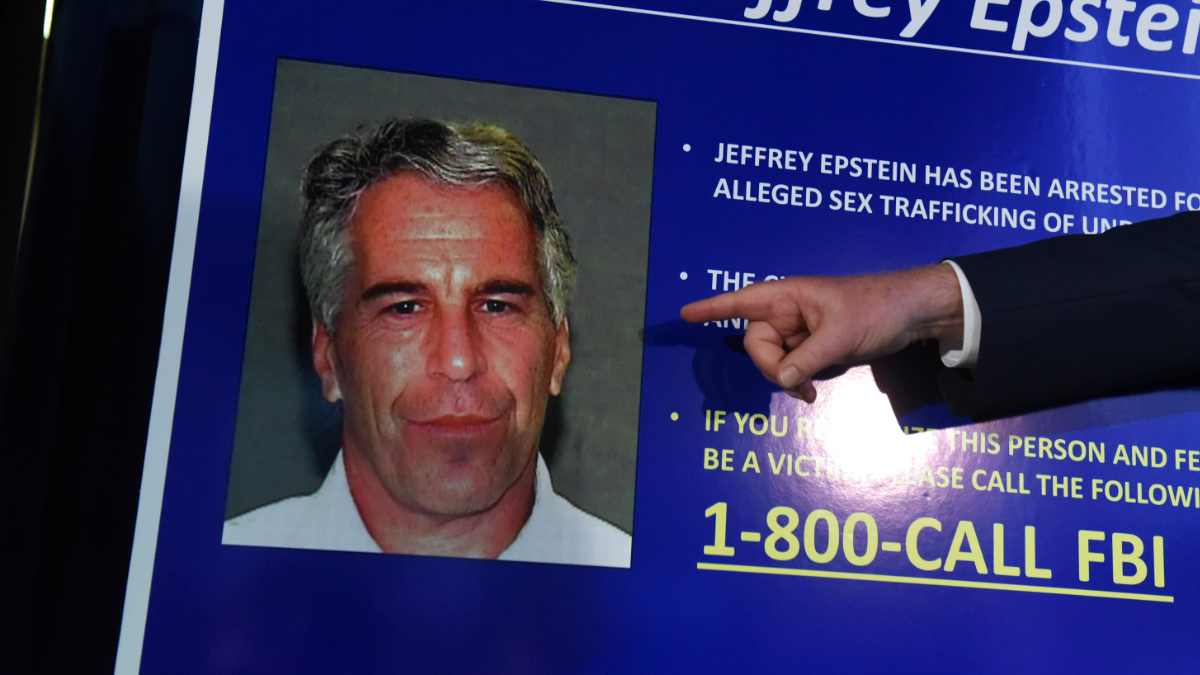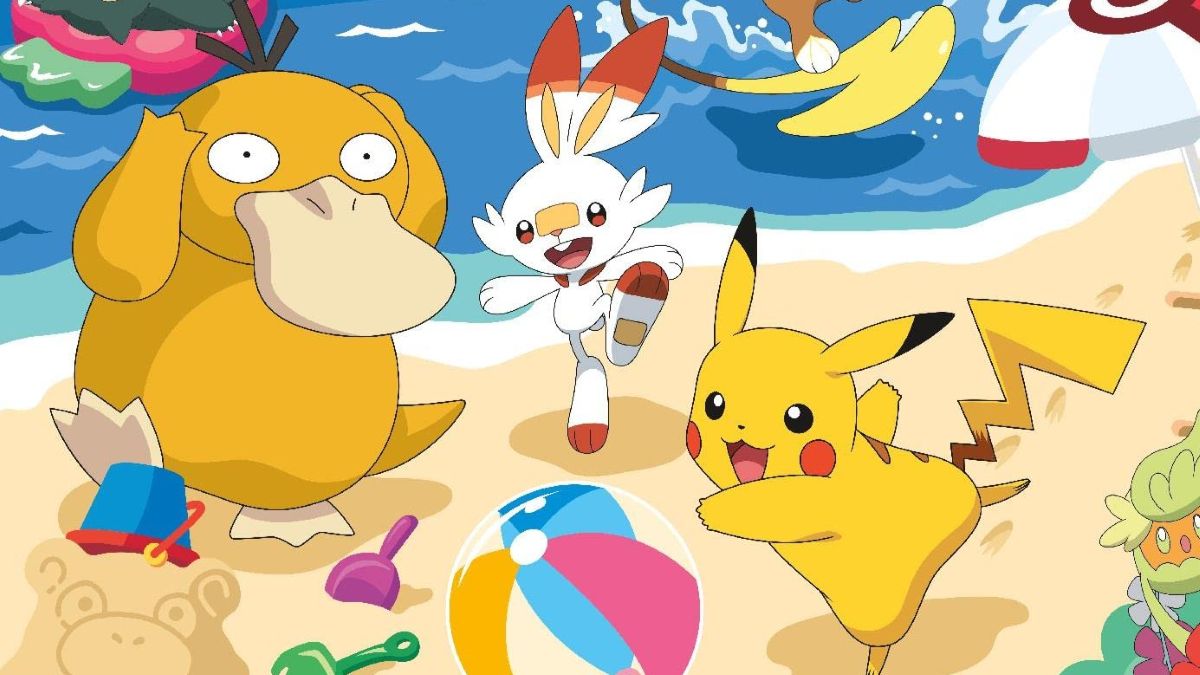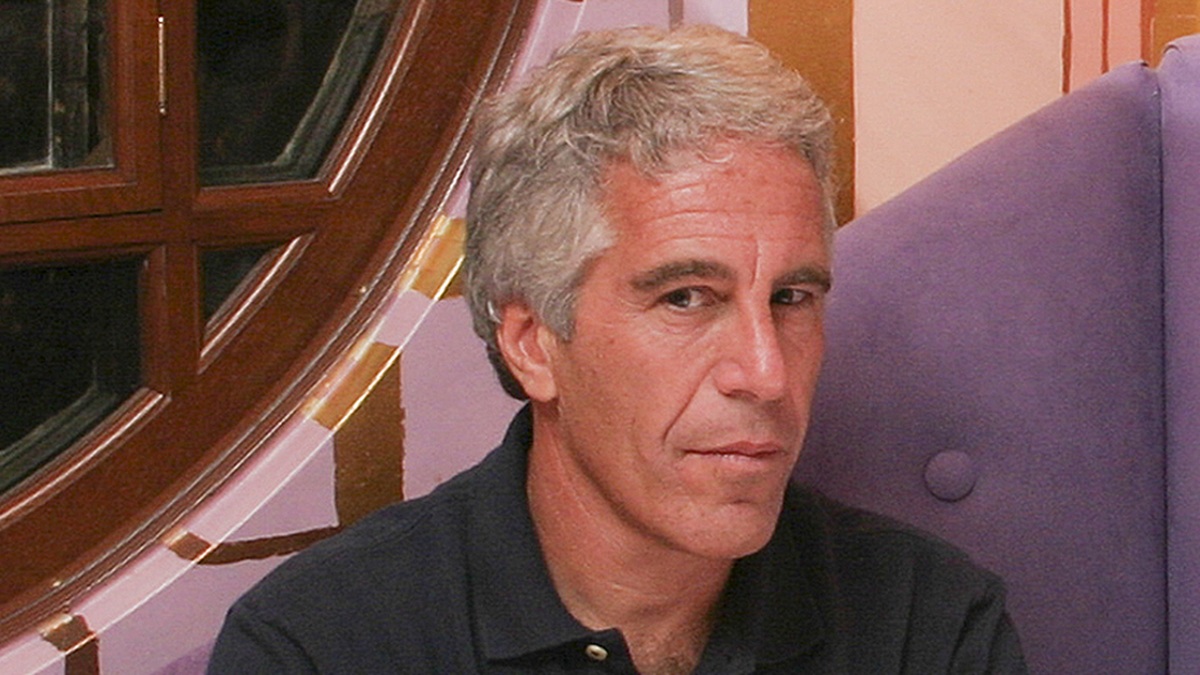Picture it: It’s 2012, and big-time publishers Sony and Microsoft are touting the power of incoming next-gen consoles. Buzzwords like Accelerated Processing Unit and teraflops are being whispered into the consumer’s ear like Grima Wormtongue to the late king of Rohan, Théoden. Developers evangelized the coming of dynamic lighting, complex worlds unlike nothing we’ve seen, and probably something having to do with gamma rays. It was nice talk, but for the majority of games released on new consoles, it seemed “next-gen” meant prettier graphics and bigger maps. Sure, there have been glimpses of those developers’ prophetic musings. Shadow of Mordor gave us intricate enemy AI with its nemesis system; Horizon: Zero Dawn‘s huge, detailed world pushed the PlayStation 4 to its limit without loading screens; God of War is, well, God of War; and The Witcher 3: Wild Hunt got us closer to experiencing a living, breathing world. All of that has been an utter joy to behold as developers got better and better at harnessing the capability of the new technology, but I have always felt like games have fallen short of those next-gen E3 tech demos of old.
Red Dead Redemption 2 proved me wrong in every way.
Remember those buzzwords publishers clung to at the onset of next-gen? Yeah, well, Red Dead Redemption 2 has all of that and so, so much more. When I was first set loose into the utter density and beauty of the wild frontier, I was confounded. It was like moving within a Bob Ross painting, only it was huge and did not consist of identical happy little trees. The sheer, painstaking detail that is in every crevice is, as those developers foretold, unlike anything I have ever seen.

As I trotted through the wilderness on my Appaloosa horse — which I found after she kicked her owner in the head — I marveled at the life around me. Rabbits and squirrels skittered underneath and past the feet of my horse, afraid they would be made into my dinner. Pockets of snow melted on rocks and the ground, turning the road into a deep sludge that kicked up knotted clumps of dirt as I rode past. In the distance, I noticed a group of bucks, aimlessly feeding and enjoying their day, unaware of my watchful eye. I left them alone for the time being and continued my way toward camp. On my approach, I admired the billowing dust my horse left in her wake, the way the light danced through the trees, the sound of distant music coming from camp, and the clanging of dishes as dinner was prepared. It was sublime. Even now, some seventy or more hours later, my jaw is perpetually on the floor from witnessing the startling detail and craftsmanship that was baked into this game.
Let’s take it back for a second. The year is 1899, and the way of the outlaw is rapidly dying, displaced by an industrialized America. In Red Dead Redemption 2, you play as Arthur Morgan, a member of Dutch Van der Linde’s gang. With the world evolving the way it is, Dutch and crew have had a tough go of it. Their way of life, though profitable in the past, is no longer sustainable, as they struggle to stay relevant in a world that no longer idolizes the outlaws of yore. Worse yet, their last job in Blackwater went about as bad as you can get, with multiple members of their merry band left for dead, and the money they were meaning to rob left behind.
Initially, I was worried that the length of the campaign would get lost in its own themes and fumble over the finish line, but I was pleasantly proven wrong, a theme that would continue to endure for my entire playthrough. Save for a brief narrative excursion that jammed the pacing and appeared to be written by an entirely different team, I barely noticed the hours fly by, as the game smartly spreads out each story beat and character arc. Every main quest felt crucial to the writing at large, moving the action forward earnestly without forcing busy work or introducing non-sequitur, third-act plot points. In fact, the campaign’s length is perfect for the various character studies and underlying thematic elements it explores.

Arthur Morgan carries a deep, unexamined sadness that is both maddening and intriguing. You see, Arthur loves his gang. He would do anything for them. Although he may see the ways in which the world is evolving without them — something his fellow gang members might not see so clearly — he would rob, steal, and kill if anything threatened their lifestyle. Unfortunately for him, plenty of threats plan to disrupt him and his gang. As they continue to plant their feet in the ground and demand the world to move, the harder they are pushed back, and the more Arthur has to reckon with his and the gang’s choices. He is a man that was raised by thievery and violence, in a society that had little to no recourse for punishing them, and yet even he can identify the changing of the guard. He loves his crew; he adores the life they built for themselves, which makes his fight to keep them from being swallowed up that much more heartbreaking. It’s quite impressive that the writing can keep the reigns on these story points for so long and maintain their poignancy. So many games start out strong but lose their grip as the hours slip away and the limits of the world are made clear. This was the first time where I remained invested — and consistently surprised — even after dozens of hours of playtime. But, if I have to be completely honest, the story was quickly superseded by something much more impressive: The world and the adventures therein.
A few hours into my playthrough, I road into town to buy new clothes and a weapon. I hitched my horse to a pole outside the post office and slowly made my way to the gunsmith, enjoying the sights as I walked. As I walked past the side of the gunsmith’s store, something caught my attention. A prompt — “L2 (Stranger)” — came up on the bottom-right of my screen, meaning if I held down the left trigger, I would focus on whoever was talking to me. I pressed the trigger and Arthur refocused on a small basement window below the gunsmith’s store. There was a stranger staring at me through the window, and he needed my help. He said the owner of the gunsmith locked him in the basement days ago and won’t let him leave. Panicked, I quickly rushed into the store. After focusing on the owner, there was no special prompt to ask him about the prisoner in his basement. So, naturally, I pulled my gun out and pointed it at him.

With my gun pointed at his face, this prompted Arthur, without any button input from me, to start asking about the person in his basement. He took me to the basement and there was the man dressed in a boyish sailor outfit. The owner’s son died weeks before and he took the loss hard, as any father would. After encountering the captive on the road, he kidnapped the man in a fit of hysteria, dressed him up as his son, and began calling him by his son’s name so he would not have to deal with his death. I shot the handcuffs off the prisoner and the owner proceeded to fall to his knees, sobbing.
This wasn’t a side quest — it was just a little moment that I got to experience. The best part of that story is that I have dozens more of these anecdotes and encounters. What about the time I responded to cries of pain coming from a lone tent in the woods, only to find a gun in my face when I opened the tent? Or how about the time a couple of raiders rolled a burning wagon in front of me to block my way and tried to ambush me? But, wait, how about the time I rolled up on some men trying to burn an innocent person at the stake? I could keep going. The world Rockstar built is teeming with life — my examples are all violent, but there are goofy and friendly encounters, too. Everything happens on its own schedule and nothing feels repeated, which was refreshing given how large the game is and how most open-world games can’t overcome this problem.
It’s par for the course nowadays when you hear about how big a game is, and how many dozens of hours you can spend roaming its virtual environments. Somewhere along the line, developers started equating quantity with quality, which paved the way for games bloated with content. What sets Red Dead Redemption 2 apart from other open-world titles is how it handles its abundance. In the beginning, it’s easy to become overwhelmed with the number of systems it dumps on you (which I quickly did). Cooking, crafting, hunting, fishing, resource gathering, eating to maintain your weight, drinking to maintain your stamina, clothing based on weather. That doesn’t include the main quests, side quests, random encounters, and activities like stagecoach robbing, bounty hunts, poker, and more. However, it never forces you to do any one thing. Not unlike Breath of the Wild, Red Dead Redemption 2 provides players with an unrivaled sense of freedom. When it comes to the variety of things you can do, it doesn’t overload you with icons on the map.

Surprisingly, the information displayed on the map is fairly minimal, only providing icons for the necessities like main quests and stores. Things like side quests, hunting locales, and stagecoach robberies are only listed on your map when you find them, and when you leave the location, they will disappear from your map unless you decide to accept them or zoom in on them, preventing me from becoming overwhelmed due to icon puke. This made the moment-to-moment gameplay much more organic, as I discovered NPCs and areas of interest myself rather than feel the weight of a quest log. Unlike most open-world RPGs, this game lets the content speak for itself, allowing players the opportunity to bask in the vistas and landscapes without bombarding them with pop-ups, even if that means you’ll never discover a particular quest.
To help with that immersion, Rockstar added a dedicated button to help you admire their work. As you’re heading to a waypoint, you can click and hold a button — for me, the DualShock 4’s touchpad — to enter cinematic mode. The view will turn to widescreen and Arthur will control himself, automatically making his way toward the destination. It’s a feature that seemed unnecessary at first, but eventually became a welcome addition as I made my way to a far-off location and wanted to enjoy everything in front of me.
Still, Red Dead Redemption 2 does make a few missteps along the way. As I have found in past Rockstar titles, character movement can feel cumbersome and weighty. I don’t know how many times I found myself getting blasted to pieces out of cover because I couldn’t maneuver Arthur behind a crate. On other occasions, I accidentally ran my horse into another rider because of the clunky controls, and found myself with a bounty on my head for “an assault on a civilian”. The world also falls victim to narrative dissonance, as it struggles to balance the inclusion of an honor system and scripted storytelling. Every time I commit a good or bad act in the world, I am either rewarded or punished, affecting your reputation in the world. But when I blast hundreds of lawmen during a story mission, my honor level stays the same. Excuse me? Considering the level of detail Rockstar aimed to reach, these moments feel out of place and immersion breaking.

If it seems like I am digging deep for something negative to say about the game, you’re right. Honestly, I had to do some serious soul searching just to come up with any criticism. Those few flaws I did find were ultimately, and heavily, outweighed by the world, characters, story, horses, and minutiae. I want to emphasize that last part, because Red Dead Redemption 2 — if I haven’t already made it explicitly clear — is the most astonishing game I have ever played, and that is in large part because of the details. Every little detail is a piece of an elaborate whole: The realistic body movement an enemy makes when they are punched, the creeping fog on an early morning hunt that slowly obscures your vision, the way an enemy slumps out of their harness when shot off their horse, the casual dialogue overheard when you’re crafting in camp. It’s these details that turn the game into something special and make the world seem real; it’s these details that make Arthur’s story that much more enjoyable and emotional; it’s these details that fill me with equal parts amazement and trepidation at the hours and work it took to bring to fruition. What the developers at Rockstar have done with this game is nothing short of incredible and, if anything, I want this review to be a celebration of what all of those employees poured their hard work and souls into. It is a stunning, breathtaking experience, one that will influence — in some way or another — the industry for years to come.
This review is based on the PlayStation 4 version of the game. A copy was provided by Rockstar Games.










Published: Oct 25, 2018 06:00 am